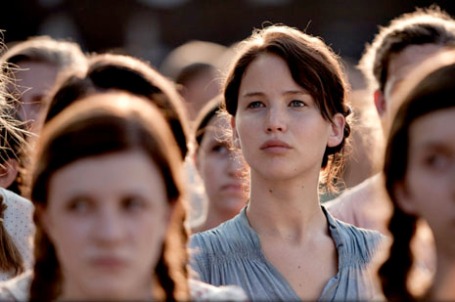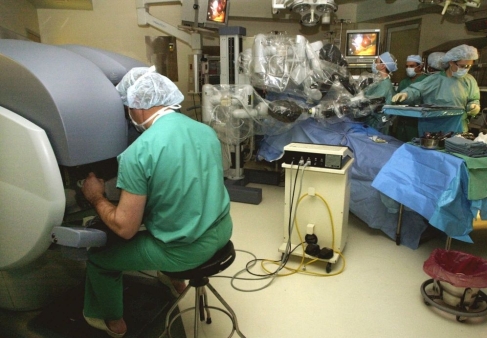Linked here is a long but good analysis of the paper on breastfeeding all over the news yesterday. You may have see it mentioned in misleading articles galore with sensational headlines like, Breastfeeding no better than formula!
Ugh.
The condensed version is as follows: it turns out the study is poorly designed. The breastfeeding contingent was all or nothing, meaning the kid could have been breastfed for one day and still included in the breastfed portion of the sample. This skews the data, when looking for potential differences in sibling pairs.
It’s just so sad when the media picks up a story like this, because in one poorly researched piece it’s easy to misinform the lay person. Most people aren’t going to read the actual study, and who really knows enough about medical research to recognize flaws in study design?
The WHO just put out a meta analysis with much more reliable data. It’s worth checking out.
Edited to add…
I just came across another rebuttal to the study:
Reports on breastfeeding sibling study are vastly overstated
Better written and researched than anything I could say on the matter 🙂

